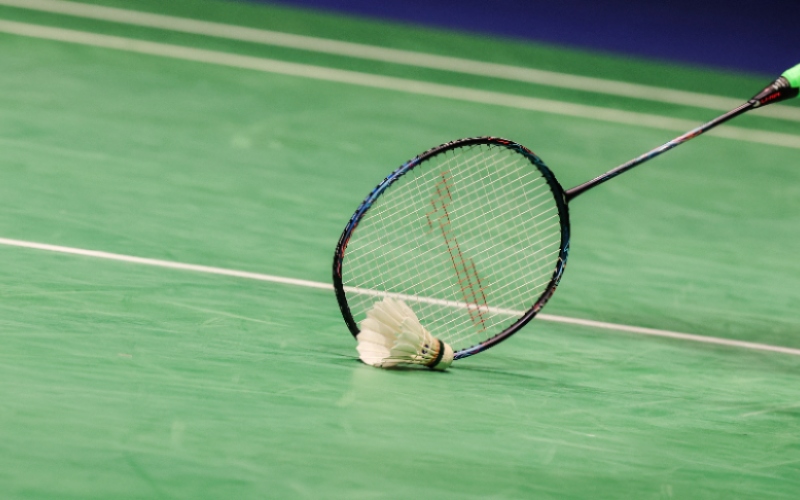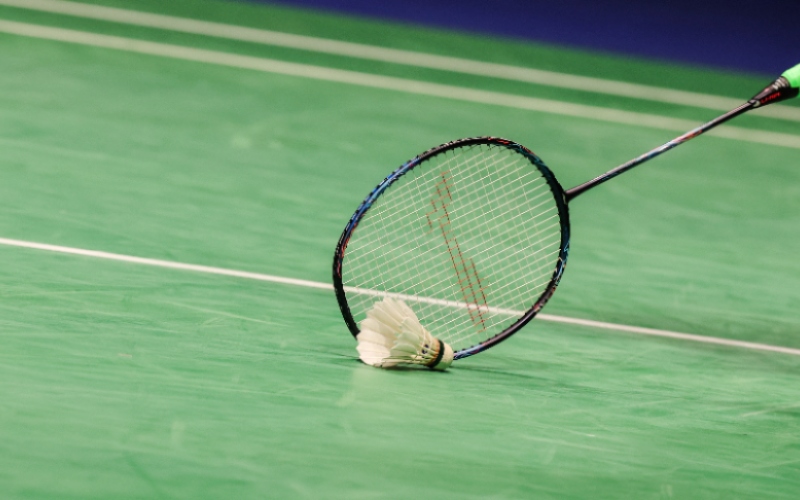
22 October, 2024
When a study by Sport England revealed only 49% of girls aged five to 11 take part in a team sport, the As Suffa Institute knew things had to change.
That’s why the organisation, which is committed to conveying Islamic education alongside promoting community participation, teamed up with Badminton England to encourage more girls to get active.
Founded on the belief that playing sport affords women and girls the chance to build resilience, courage and self-belief, the Birmingham-based group started running female-only sessions to inspire exactly that.
“The motivation behind setting up the No Strings female-only sessions was to enhance engagement and physical activities amongst girls,” said Misbah, Children and People Lead at the As Suffa Institute.
“The community I work with is predominantly a racially minoritised one – people from low socio-economic backgrounds who can’t afford extra-curricular activities – so the main concern has always been exposure.
“I think cultural stubbornness means the stigmatised concept that sport is for boys remains, which is why I believe it’s important to work directly with the local community to show that sport is accessible to them.”
As such, the No Strings female-only sessions target women and adolescent girls in Aston, Birmingham, who have been identified as a low engagement group when it comes to playing sport.
A Level 2 affiliated coach delivers badminton sessions in a safe and sociable space for players of all abilities, but with a degree in neuroscience Misbah believes the mental benefits are just as vital.
She added: “In the South East Asian community, nobody wants to talk about mental health but it’s atrocious. Physical health is also atrocious. We’re not letting people live to their full potential.
“I think we’re in a generation of people who are surviving, not living. With the pandemic, lockdown, cost of living, it’s a hard time to live right now and there’s a lot of pressure on young people and women.
“We need to break the cycle so we don’t have a generation of burnt-out communities. I want to help encourage people to be better for themselves and for society too.”
No one knows the importance of addressing the gender activity gap more than Misbah, who grew up in Aston and moved back a decade later only to discover the same disparity in opportunities persisted.
Misbah continued: “What I found when life brought me back to Aston was really sad – it was exactly the way I had left it. There had been no growth and there was still a lack of activities for young people.
“On my first day on the job it was the summer holidays and what I saw broke my heart. I saw three girls and a room full of boys. I thought ‘Where are all the girls in Aston?’
“I come from a family of six daughters and my dad has always been my biggest champion. I remember riding a bike at the age of six and I fell off, he picked me up and said ‘Get back on the bike’.
“That was his way of trying to break down barriers for South East Asian girls. He didn’t want me to feel any less than a boy, so while I didn’t appreciate it at the time, fast forward 20 years I understand.”
It was this realisation of the values her father was trying to instill from a young age that motivated Misbah to try to address the million dollar question: ‘What do inclusive spaces for women and girls look like?’
She said: “I want women and girls to prioritise themselves because sometimes we shift into care-giver roles and forget to take care of ourselves. If I can be the advocate for that then ‘Why not?’
“We host focus groups and coffee mornings for women and mother’s of children who do our sessions which allows them to feel part of something bigger. It’s as much about our minds as our physical health.”
With the number of attendees growing week by week, the As Suffa Institute hopes to continue to expand its reach in the Birmingham area and instill confidence in young women that badminton is a sport for all.
Misbah added: “I really want to keep driving the change to have more opportunities for young people through sport. A year on the ratio in our youth groups has gone from one girl to eight boys, to one in every two.
“I want that statistic to be equal but it’s an incredible achievement to have got to this point. The gap is narrowing and we’re getting more young girls into sport so that’s a big win.”
